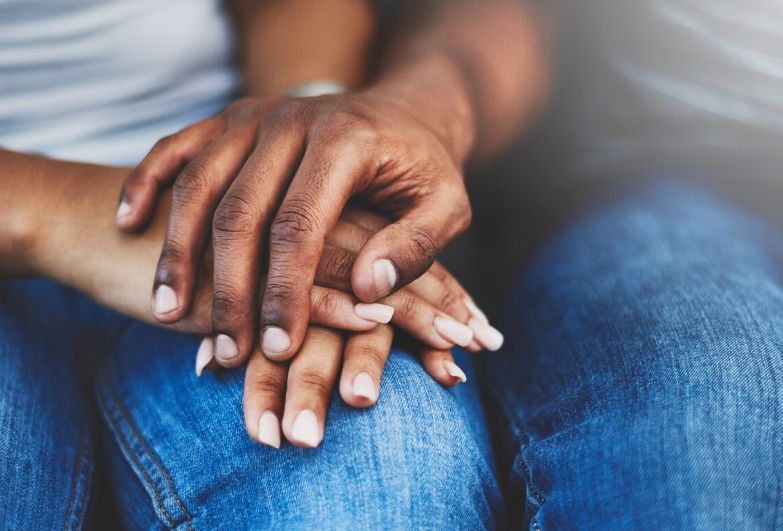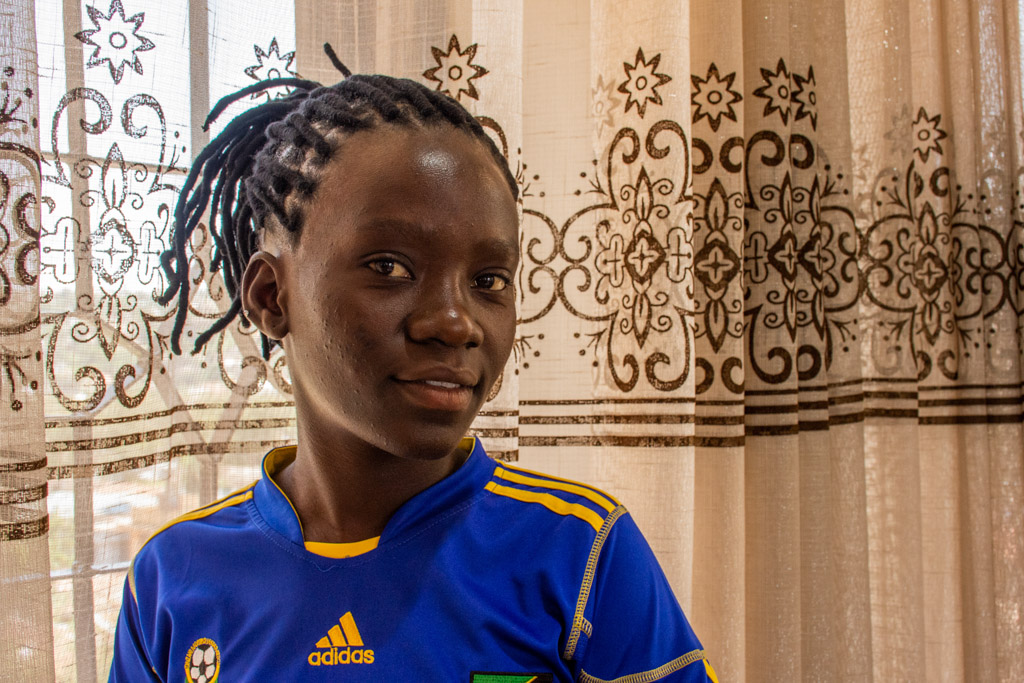Disclaimer: This article is more than 4 years old, and may not include the most up-to-date information or statistics. Please verify information with more recent sources as needed, and if you have any questions contact our Press Office.
In the chaos of today’s world, we need to light a candle of hope, join with others and get active, urges Anti-Slavery’s CEO, Jasmine O’Connor.

31 January 2020
This speech was first delivered by Jasmine O’Connor on Wednesday 22nd January at the Oxford Union Hall to debate the topic: “This house has hope for the new decade”.
“Hope…the idea that we want something to happen or be true, and to have a good reason to think that it might happen. I am going to argue for it because I know there are enough people of good will ready to come together and stand up for a better future for all of us.
The organisation I am CEO of, Anti-Slavery International, was established by a group of individuals over 180 years ago united with one hope – to rid the world of slavery. It was not a simple or popular aim – slavery was a completely legal and accepted practice in many parts of the world. But, buoyed by the success of the parliamentary campaign to end the transatlantic slave trade, these individuals came together to stand in solidarity and hope with similar movements all around the world to fight to end the exploitation of humans everywhere.
Fast forward to 2020, and over 40 million people around the world are trapped in modern forms of slavery. In every corner of the planet, men, women and children are suffering the indignity of slavery. While the chains may not always be literal, people are trapped through fear and violence. In factories, fields, private homes and on our streets, they are controlled by their exploiters and trapped in systems that rob them of their worth, while making others rich.
The rise of populism and ‘othering’, the persistence of economic systems that perpetuate vast wealth inequality, closing political space for campaigners in many countries and an assault on the global human rights system – all this suggests there is not a lot of hope that we will turn the tide on slavery any time soon.
There are simply too many forces that support it.
In fact, the continuing chaos of today’s world order, where huge populations are displaced through climate crisis and conflicts, and made vulnerable to traffickers, slavery looks set to worsen.
The narrative I’ve just outlined tells a desperate and chaotic tale, which has the potential to spiral downwards.
But I do not believe a perpetual spiral downwards is inevitable. While despair might feel obvious, I firmly believe we can have hope for the next decade. In fact, in the midst of chaos, hope is inevitable for three reasons:
- History tells us we can have hope – it’s what humans do – we are hard-wired for survival and restoration.
- The present tells us we can have hope – there is evidence of hope all around us, we just need to open our eyes.
- We get to shape the future, which means we have the CHOICE to build hope.
Firstly – throughout human history, in the darkest moments of chaos and disorder, humanity has always found a way to drive out despair with a new vision and plan.
No matter what our political or religious beliefs, there is evidence across many fields of study that we share the same values of co-operation and altruism.
While there have been great times of chaos and inhumanity, ultimately the story of humanity is one of collaboration and kindness; and that is the story eventually finds its way and replaces the story of despair and chaos. Whether it’s the great depression of the 30s, which led to the birth of a caring state that gave rights to workers; or the story of how, out of the horrors of World War II, we created innovative systems to build and maintain peace; it’s always a story of how we co-operate to care for each other and overcome dehumanising forces.
“The story of humanity is one of collaboration and kindness”
Secondly, amid this present chaos, there is another story. I see evidence of it every day in my work. It’s the story of individuals hoping against the odds and fighting for change. It’s the story of people coming together, finding strength, daring to dream and changing the world around them.
Take for example the story of Hadijatou Mani, who as a young girl was sold for around £200 as a “fifth wife” to an older man. In the “fifth wife” slavery practice, men are permitted to have ‘unofficial’ wives who are treated as domestic and sexual slaves. This degrading practice still exists in some parts of West Africa.
Hadijatou was born into slavery and sold as ‘fifth wife’. But with the help of Anti-Slavery’s partner Timidria, she escaped and married a man of her choosing. But, shockingly, her former master took her to court accusing her of bigamy under customary law.
This sparked a long battle in multiple court rooms, as Hadijatou fought for her right to be free. After ten years of hoping and amid many setbacks, including a brief spell in prison, last year she finally won her case and was awarded compensation. Furthermore, in this landmark victory, the Court outlawed the “fifth wife” tradition altogether, giving hope to many other girls like Hadijatou affected by this practice.
Around the world right now there are countless brave individuals like Hadijatou, like many of those who have spoken here over the years – Malala, Mandela – who have dared to hope and fight for something better against the odds.
But it’s not just individuals. Around the world movements are rising and joining up. Out of the chaos, connections are forming, creativity and imagination is sparking, like the fight for a new green deal which stops treating the planet and people as expendable resources, or tech entrepreneurs working together against human trafficking. Out of the chaos, radical ideas are rising. From the ground up, shapes begin to form into a story that can reach across the divides of politics, religion, race and connect us all into our shared humanity and values.
For years we have accepted and turned a blind eye to the exploitation of the people producing our goods and services. But a rising movement is changing this attitude. In only a few months, over 100 organisations have joined our campaign to make EU businesses legally responsible for abuses in their supply chains. And an increasing number of businesses are standing up to be counted.
By the end of this decade, we have reasons to hope that exploiting people for profit will be out of the question.
The third and final reason for hope is us. Media headlines would have us believe that we are as divided as ever. But, in the UK, the evidence actually tells us that social trust is at the highest level for years. Trust in our political institutions may be diminished, but we still trust each other.
“By the end of this decade, we have reasons to hope that exploiting people for profit will be out of the question.”
So, we have a choice. I’m not saying we should ignore the context we are in right now or pretend it’s not a dire situation, but I am saying we have a choice. We can come together, find a common story, connect across our differences and drive an imaginative plan for our futures, in our families, our streets, our country, our world.
We can have hope for the next decade because we can be that hope. We can either give into despair and curse the darkness or we can light a candle of hope, join with others and get active.”






